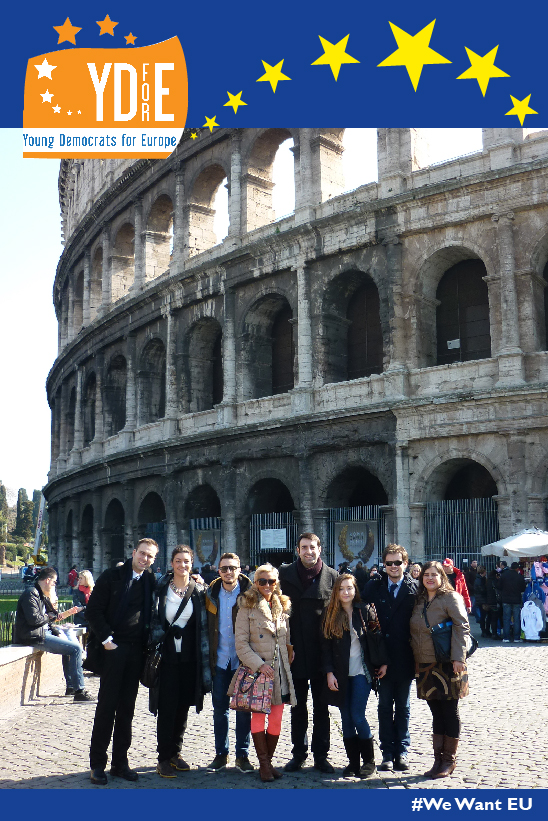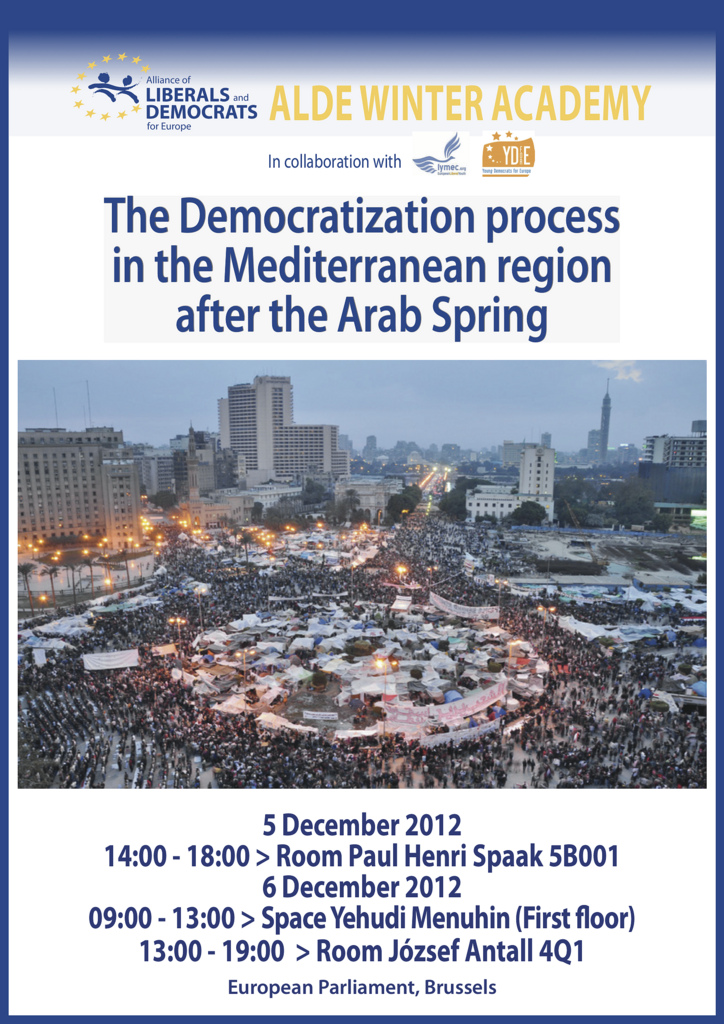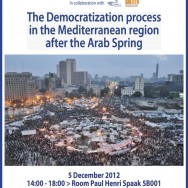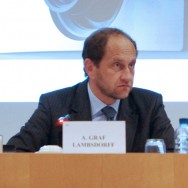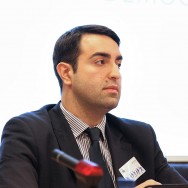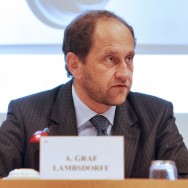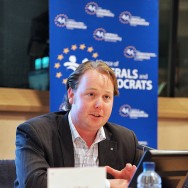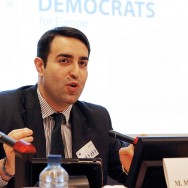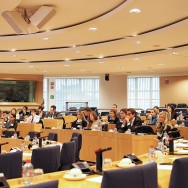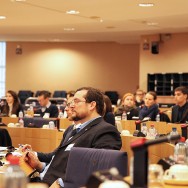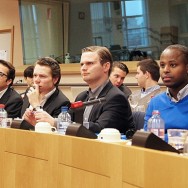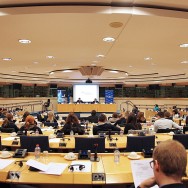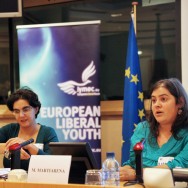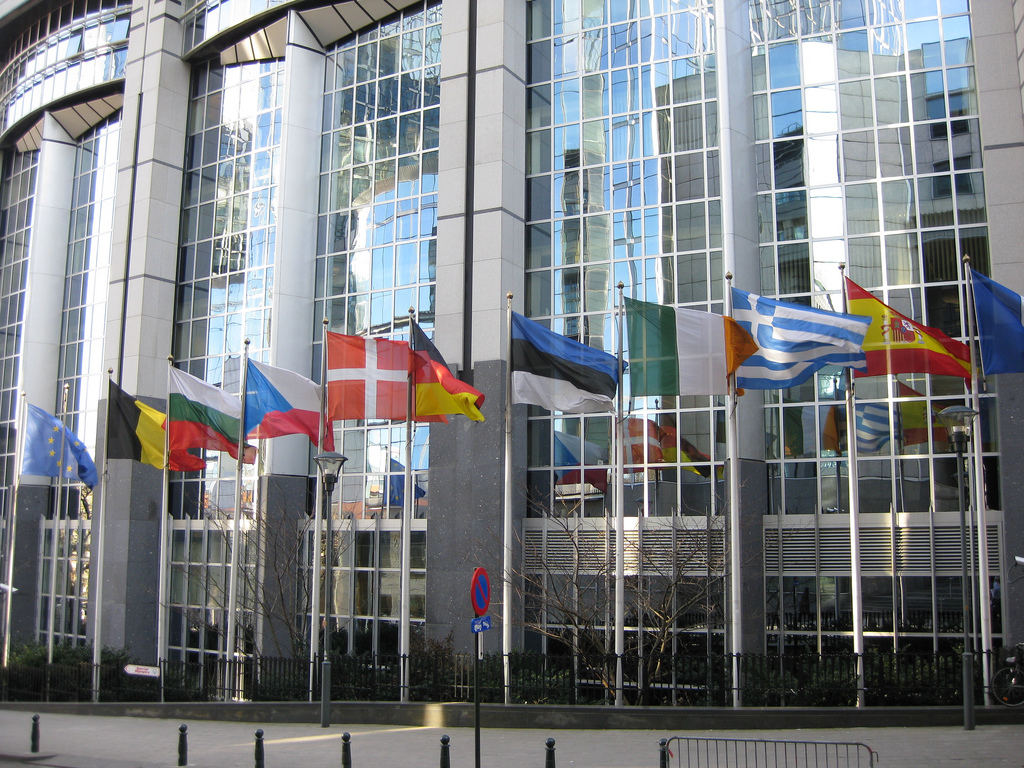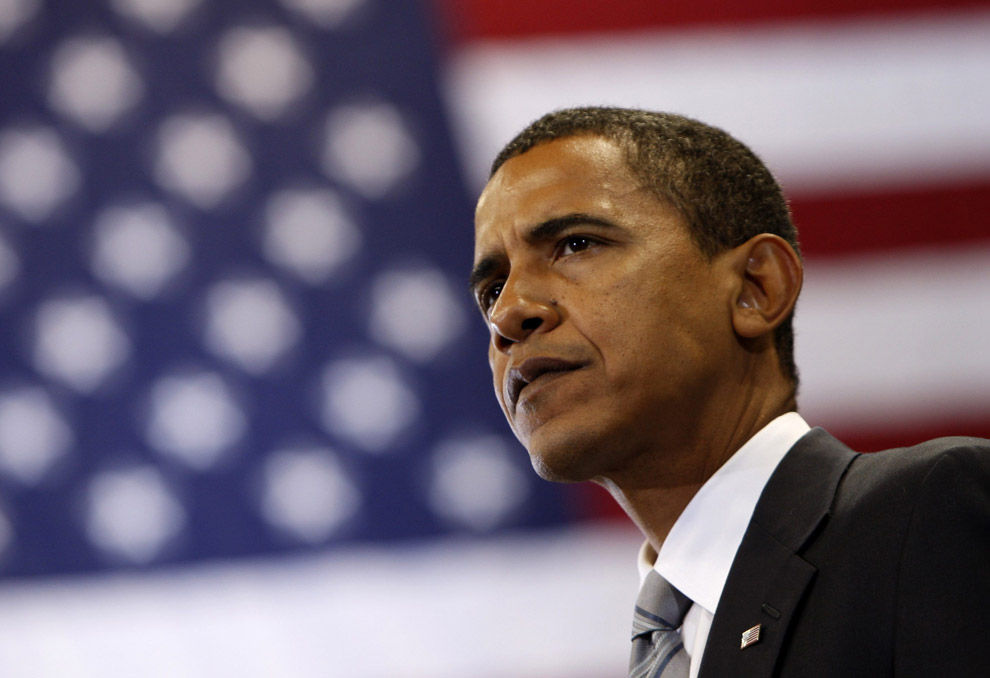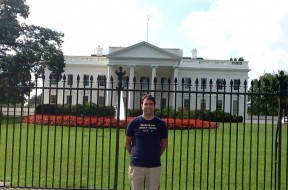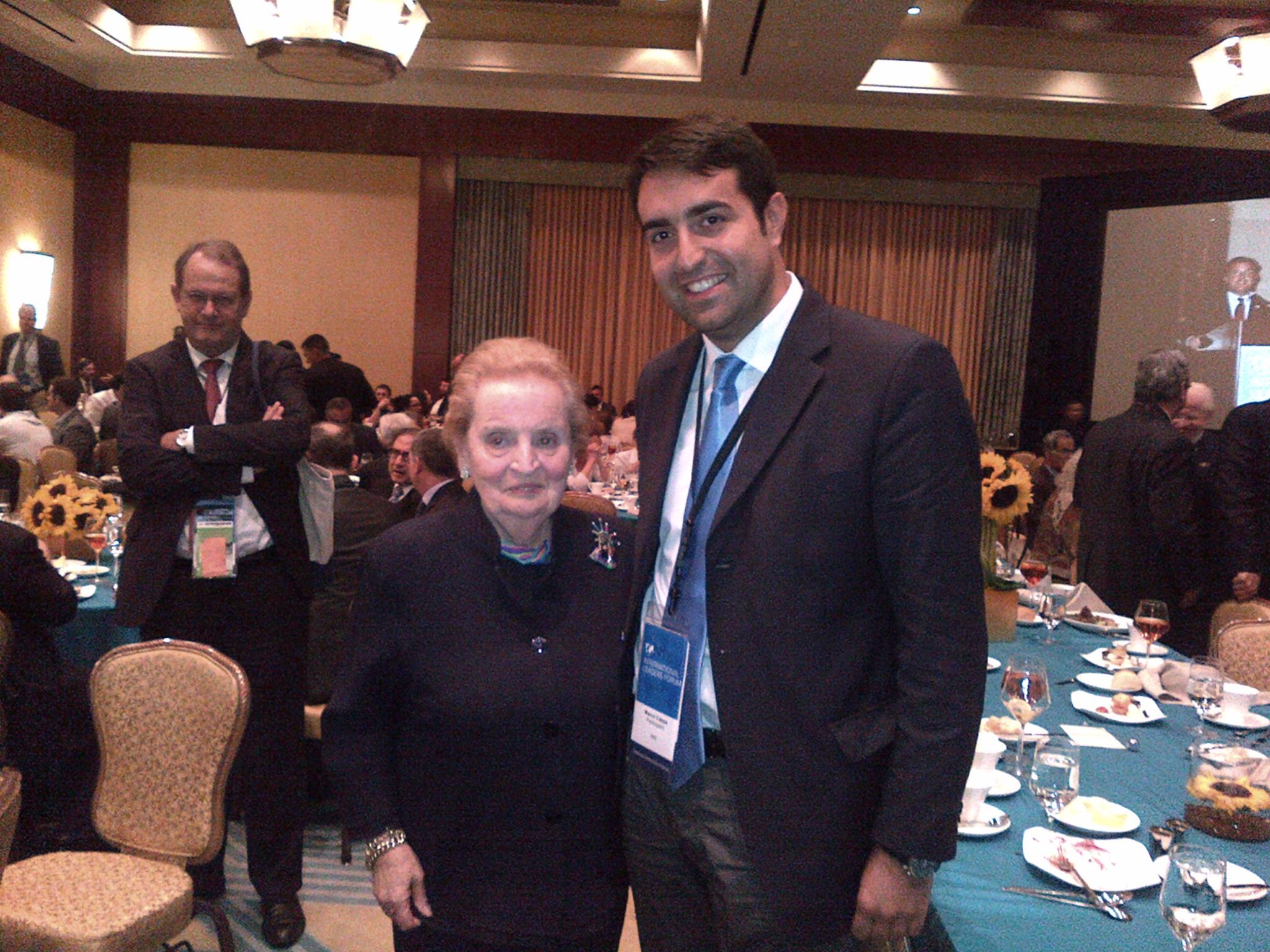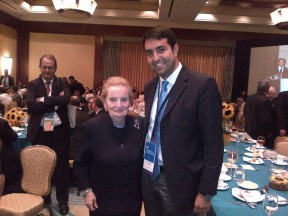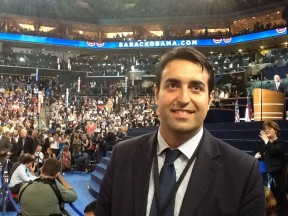Cappa (YDE): Appello per un governo europeista
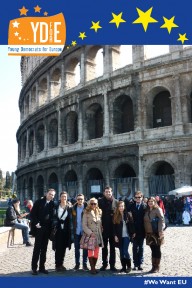 Roma – “Vogliamo fortemente che ci sia più Europa in Italia e un’Italia più forte in Europa. Per questo abbiamo deciso simbolicamente di incontrarci con un flashmob al Colosseo con i rappresentanti della generazione Erasmus sventolando le bandiere dell’Europa.” Così dichiara Marco Cappa, Presidente dei Giovani Democratici Europei che hanno riunito questo weekend a Roma il proprio Bureau per lanciare un appello europeista alle forze politiche italiane in corsa per le elezioni del prossimo 24-25 Febbraio.
Roma – “Vogliamo fortemente che ci sia più Europa in Italia e un’Italia più forte in Europa. Per questo abbiamo deciso simbolicamente di incontrarci con un flashmob al Colosseo con i rappresentanti della generazione Erasmus sventolando le bandiere dell’Europa.” Così dichiara Marco Cappa, Presidente dei Giovani Democratici Europei che hanno riunito questo weekend a Roma il proprio Bureau per lanciare un appello europeista alle forze politiche italiane in corsa per le elezioni del prossimo 24-25 Febbraio.
“Nell’anno in cui si celebra la cittadinanza europea e, nonostante le pulsioni euroscettiche della Gran Bretagna, si stanzia un bilancio UE di 1000 miliardi di Euro per il 2014-2020 , appare evidente che l’Europa non possa essere derubricata a uno dei tanti temi della campagna elettorale. L’Europa è il centro gravitazionale delle politiche economiche, di sviluppo, ambientali e di innovazione per il nostro paese – continua Cappa – Occorre dunque un governo fortemente europeista per riportare l’Italia al centro delle decisioni di Bruxelles. Solo così applicheremo gli standard europei nei settori dove l’Italia è oggettivamente in ritardo: ricerca, innovazione, pressione fiscale, ritardi nella giustizia, ecc. “
“Da ultimo, un invito agli elettori a valutare attentamente il rischio di un voto a forze euroscettiche e populiste. In tempi di difficoltà economica e sociale, l’esasperazione può portare al voto di protesta che si scontra però con la necessaria e paziente opera di riforma e avanzamento del nostro paese – conclude Cappa – D’altronde, perchè accontentarsi di 5 stelle quando se ne possono avere 27? Quelle dell’Unione Europea, ovviamente.”
Roma, 16 gennaio 2013

